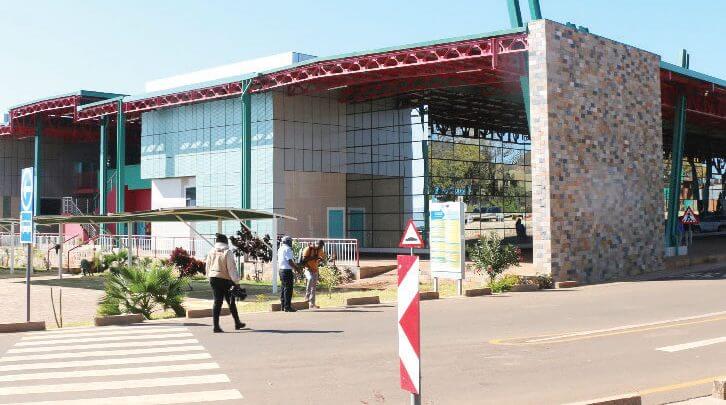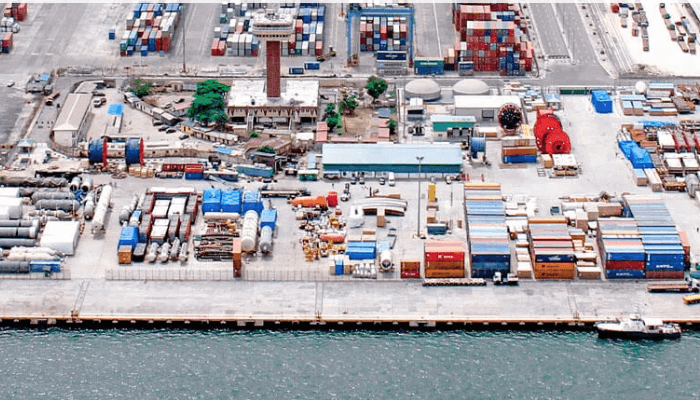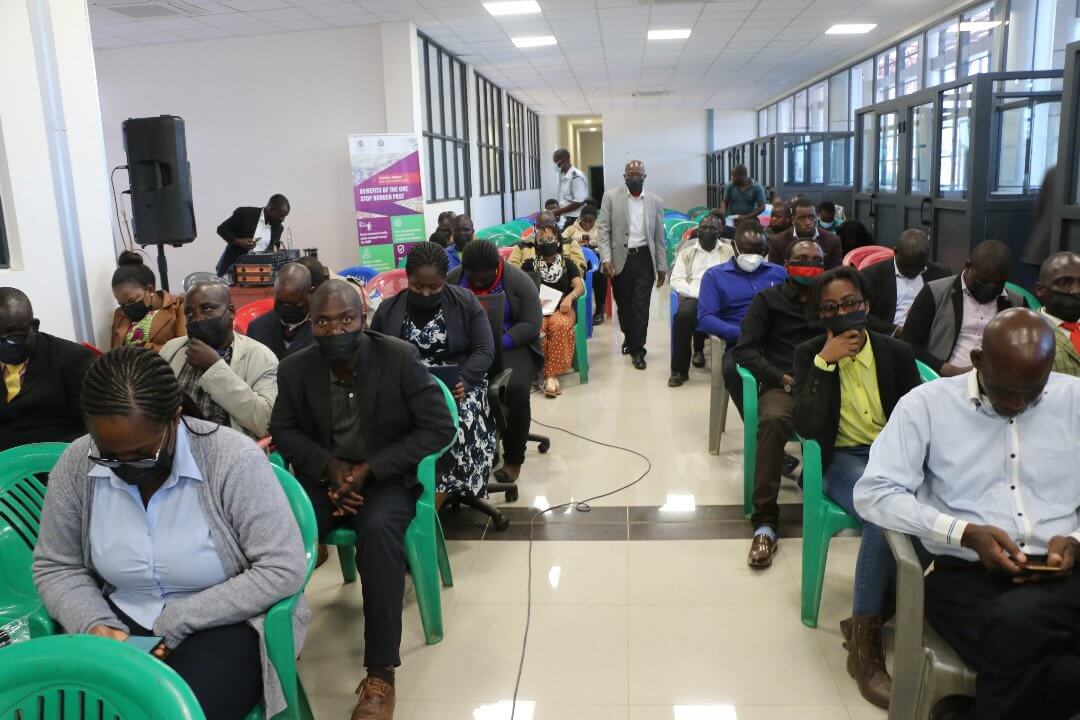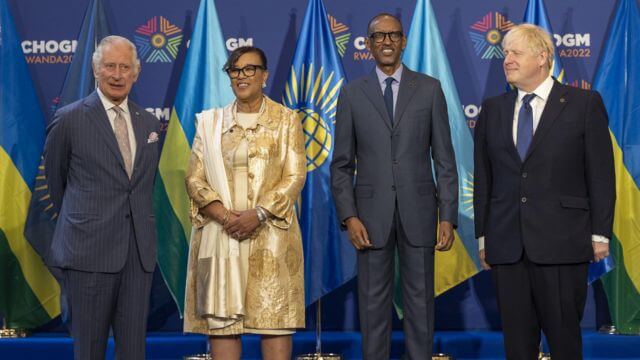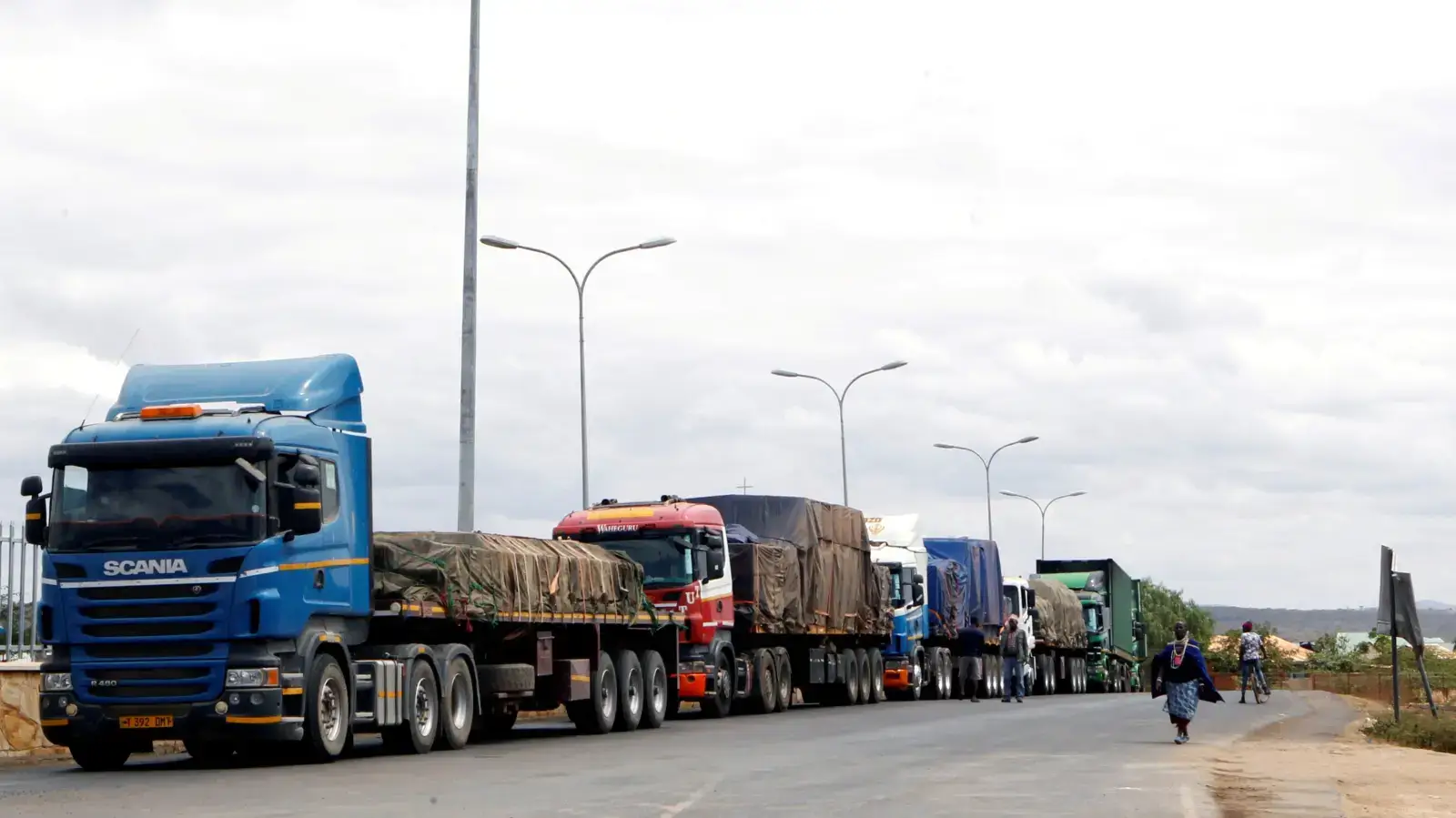Government has disclosed that the Mchinji-Mwami One Stop Border Post (OSBP) will be launched for operationalization in the next two months by the two Heads of State for Malawi, President Lazarus Chakwera, and his Zambian counterpart, Hikainde Hichilema. Principal Secretary in the Ministry of Trade and Industry, Christina Zakeyo, made the remarks on Monday during a Media S Roundtable Discussion in Lilongwe on the OSBP initiative. Zakeyo said they are currently waiting for legislation on the part of Malawi for the management of OSBP facilities. “The legislation was developed and enacted in the recent sitting of Parliament and is now due for accent by the President,” she said. Zakeyo said within the next 21 days from the date enactment after which it will be gazetted and due for enforcement after 30 days. Therefore, she said, they are anticipating that once the process is concluded, Malawi will launch and legally operationalize the facilities. Zakeyo believed that OSBP is a game changer that will significantly change the way of doing business at the border if utilized well. Malawi Revenue Authority (MRA) Deputy Commissioner responsible for Customs, Chimwemwe Kawalewale said Malawi stands to benefit a lot in terms of revenue by using OSBP. “Efficiency of border operations is a significant contribute to the economy of the country,” he said. TradeMark for East Africa (TMA) Malawi Programme Manager, Victor Mponda Banda said media plays a crucial role in the dissemination of information regarding the initiative. The Mchinji – Mwami OSBP is an inter –...
Mchinji-Mwami One Stop Border Post launch in 2 months’ time
Posted on: September 7, 2022
Posted on: September 7, 2022


